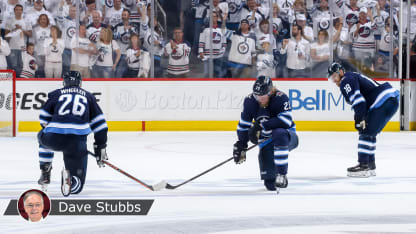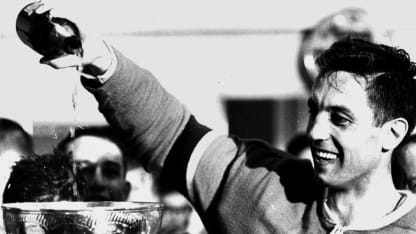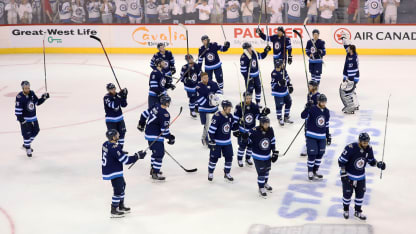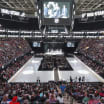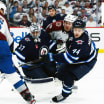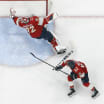"When we took to the ice for the final game against Chicago," Beliveau wrote, "the (Montreal) Forum fans were Cup-starved and showed their desire to end our four-year 'drought' with a huge ovation."
Beliveau published his life story in 1994, a year after his unparalleled 17th Stanley Cup win as a Canadiens player or team vice-president, the last time Montreal has gone to a Final.
So there are droughts, and there are droughts. A full generation of Canadiens fans have not attended a Stanley Cup parade unless they've travelled to the U.S. to watch one. Toronto fans, meanwhile, haven't witnessed one in their city since 1967, the nation's centennial year, and the mocking Canadiens fans who say is that it's difficult to find color photographs of that Maple Leafs parade should remember that their own most recent celebration came when photos still were shot on film.
Canadian teams have knocked on Lord Stanley's door, three times coming within a single victory of having it answered. In 2004, 2006 and 2011, the Calgary Flames, Edmonton Oilers and Canucks lost in seven-game final rounds against the Tampa Bay Lightning, Carolina Hurricanes and Bruins, respectively. The 2007 Senators fell in five games to the Anaheim Ducks.
So now, at 25 years and counting, Canadian fans will see the Stanley Cup won by a U.S.-based team, buoyed at least a little by the idea that light surely is at the end of the tunnel with a few fast, young, promising teams making some noise north of the border.
And even if a Canadian NHL team hasn't gone all the way in a quarter-century, one prominent, reasonable voice in Canada says that a special Stanley Cup tradition means the priceless prize is never too far away.
